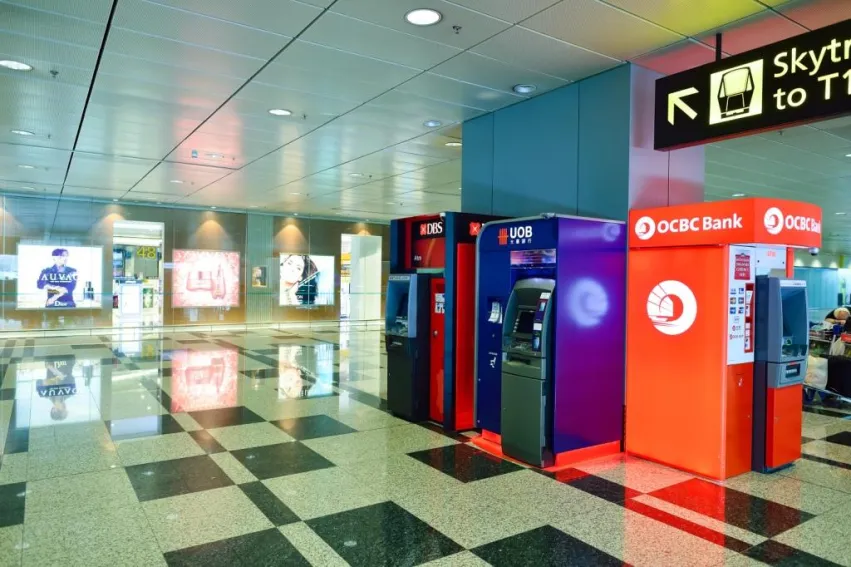
Guess which sector will remain a drag on Singapore banks' asset quality in 2017
Loans to this sector comprise 1-3% of the banks' gross loans.
Moody's Investors Service notes that the oil services sector, which is the segment within the oil and gas industry that has been the most severely impacted by low oil prices, will remain a drag on bank asset quality in 2017.
The three Singapore banks' exposure to oil services companies has remained fairly unchanged since the beginning of 2016, at around 1%-3% of their gross loans. So far, the weakening of portfolio asset quality has been similar across all three banks, with weak or impaired exposure comprising almost 20% of their total oil services portfolio.
Here's more from Moody's:
The banks have also indicated that the majority of their troubled exposures was identified in late 2015, but the cash flow and liquidity issues of the services companies deepened in 2016. DBS indicated in November 2016 that its remaining oil services exposure – with potential asset quality weakness – had increased to 20% of its oil services portfolio from 13% in the previous quarter.
However, we expect new NPL formation from this sector will likely slow from the peak levels seen in 2016.
While the sector remains impacted by overcapacity and uncertainties in production that have hurt cash flows and debt serviceability, the gradual recovery of oil prices from troughs seen in early 2016, if sustainable, will lead to a re-start of production activities and utilization of oilfield services.
We assume a medium-term oil price band of USD40 to USD60 per barrel (bbl) for both Brent and West Texas Intermediate (WTI) crude, the main oil price benchmarks globally (see related research here). Under these price assumptions, we expect demand for oilfield services to remain subdued, but grow very gradually in 2017.
Incremental increases in production and higher equipment utilization will lift revenues from 2016 levels, alleviating tight cash flows to some extent. Q4 2016 was likely the bottom for industry revenues due to shorter days, holidays and backlog roll-overs. Nonetheless, overcapacity is unlikely to recede quickly, and will therefore continue to weigh on the pricing power of the services firms.
Singapore-based oil services companies have a substantial amount of debt coming due in the next 1-2 years, and will require assistance from lenders and creditors through debt restructuring to avoid defaults in the face of weak cash flows, high leverage and tight liquidity. Among the 15 most indebted offshore services companies – including oilfield services companies -- listed on the Singapore Exchange, more than 40% of their debt comes due in 2017, reflecting the industry’s refinancing pressures.
On a positive note, the government’s new financial support measures introduced in December 2016 will, to some extent, help the cash-strapped companies service their debt by providing an additional source of cash flow for eligible borrowers, particularly those with significant near-term refinancing needs.
The Singapore government estimates the schemes will generate about SGD1.6 billion of new loans in a year – since they became available in December 2016 -- which amounts to almost half of the total debt, owed by listed oil and gas companies, maturing in 2017.






![Lorem Ipsum [ABF 1]](https://cmg-qa.s3.ap-southeast-1.amazonaws.com/s3fs-public/styles/exclusive_featured_article/public/2025-03/a_hand_pointing_to_a_futuristic_technology_5b87c9d0e3_1.png.webp?itok=2w0y1WhS)


![Cross Domain [Manu + SBR + ABF + ABR + FMCG + HBR + ]](https://cmg-qa.s3.ap-southeast-1.amazonaws.com/s3fs-public/styles/exclusive_featured_article/public/2025-01/earth-3537401_1920_4.jpg.webp?itok=WaRpTJwE)








 Advertise
Advertise

